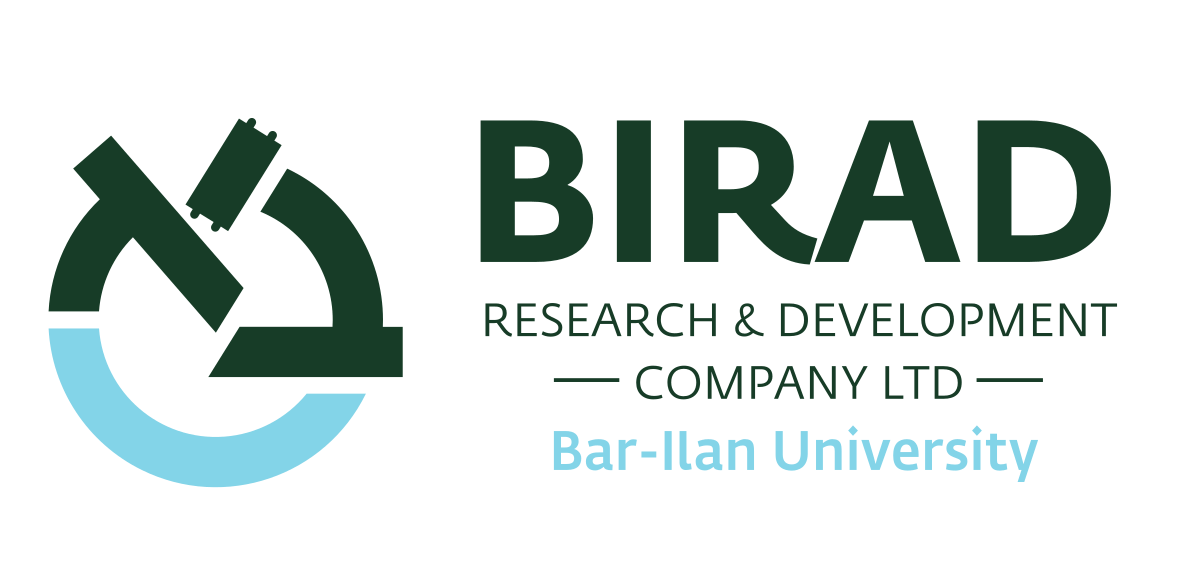Novel Peptides for Treating Cocaine Addiction And Pain

The Problems
- Drug addiction is a scourge of both developed and less-developed societies. The economic impact of drug addiction includes direct treatment costs as well as lost productivity and crime.
- Neuropathic pain is a chronic pain condition caused by a primary lesion or dysfunction in the nervous system. It can be a consequence of many different insults, such as trauma, neuronal injury, infection, or addiction to narcotics. Neuropathic pain has a significant adverse impact on life, health, and functions and is difficult to treat.

The Solution
Bar-Ilan and Ariel University teams have identified novel peptides for treating addiction and possibly pain. The peptides were shown to be specific agonists to the delta-opioid receptor (δR), which is directly involved in drug craving and pain. We bond the peptides to PEPnanoparticles
which assist their passage across the blood-Brain-Barrier (BBB) after intranasal administration.

The Commercial Benefit
- Our cutting-edge peptides more effectively penetrate the BBB, reach their target and
eliminated cocaine craving. - Our peptides attenuate relapse to drug usage.

Market Potential
Global production of cocaine can be estimated for 2014 at 746-943 tons; those values are slightly higher than in the previous year. Global number of cocaine users in 2014 was 18.3 million.
Additionally, a δR agonist might be used for neuropathic pain treatment. Neuropathic pain is estimated to affect 7 to 10% of adults globally; that is between 518 to 740 million people. The global neuropathic pain market was valued at US$ 5.2 Bn in 2015 and was estimated to reach a market valuation of US$ 5.4 Bn by 2016. The market is projected to expand at a CAGR of 5.6% during an eight-year forecast period 2016–2024 and reach US$ 8.3 Bn by the end of 2024.

Target Markets/Industries
- Pharmaceutical companies
- Addiction Research Laboratories
- Drug addiction organizations

Intellectual Property
US granted patent number 10,421,785

Team: Primary Inventor
Prof. Gal Yadid
- Prof. Yadid is best known for his research on the neuropsychopharmacological mechanisms behind psychiatric disorders.
- Yadid’s research group focuses on developing pharmacological and non-pharmacological treatment modalities for psychiatric disease, specifically drug addiction, depression, and Post Traumatic Stress Disorder (PTSD).

- Prof. Firer received his Ph.D from Melbourne University, Australia working on the immunology of food allergy.
- After postdoctoral work at the Weizmann Institute of Science, he worked as an R&D Manager in the Israel biotech industry.
- Prof. Firer is currently Chairman of the Department of Chemical Engineering at Ariel University, Israel
- He serves as Director of the University's Interdisciplinary Cancer Research Center.
- His main research focus is the use of peptides for targeted drug delivery for cancer and other applications.

Future Research
To promote our drug discovery and development to a new level, the utilization of animal and toxicity in vivo experimental models are required.

The Opportunity
We are looking for investors that are willing to support the research and translating of this novel peptide to the clinic.

